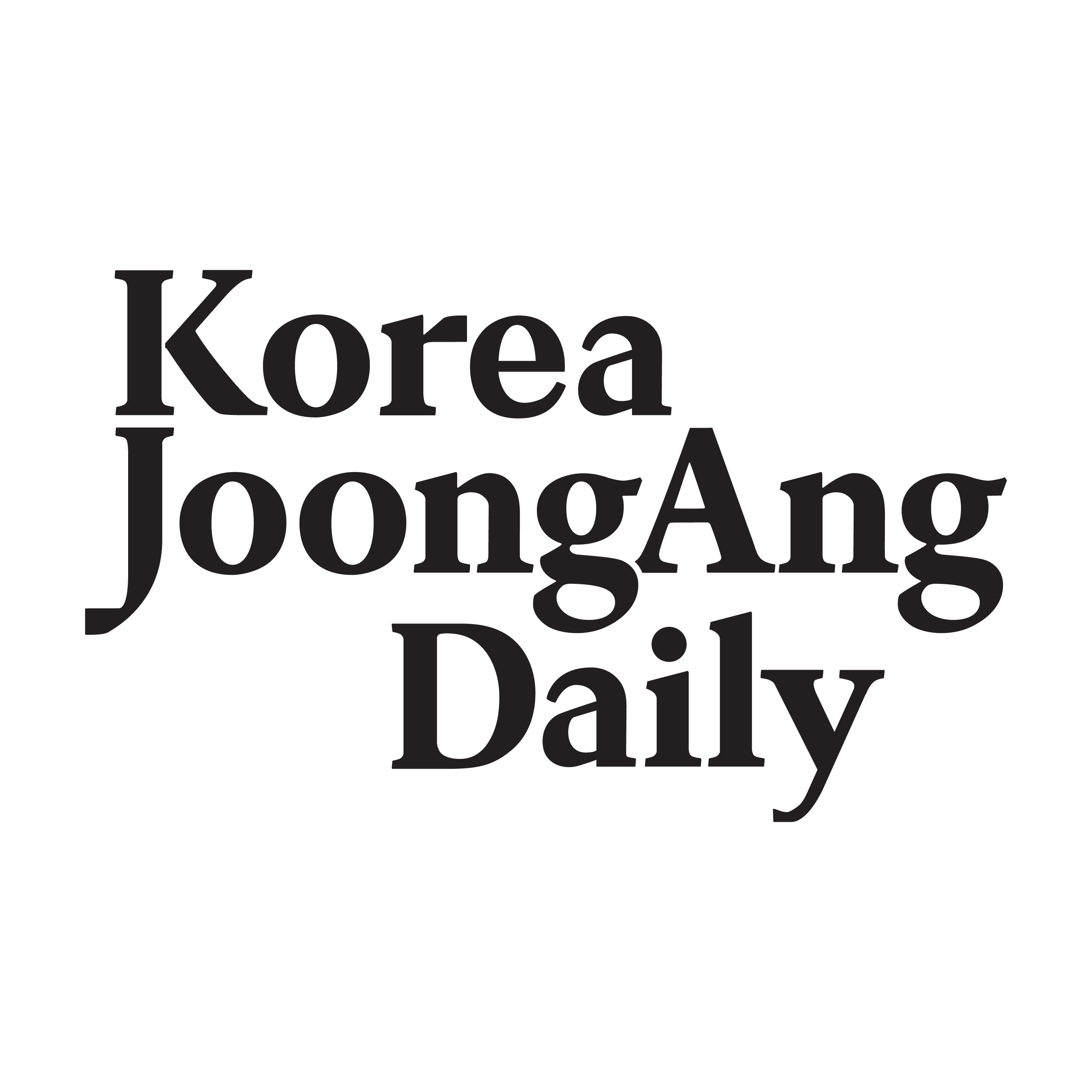Listen "Won-dollar exchange rate soars to 1,460 range for first time in seven months"
Episode Synopsis
This article is by Yeom Ji-hyeon and read by an artificial voice.
The won-dollar exchange rate soared to the 1,460 range for the first time in seven months.
The won closed at 1,461.5 per dollar in overnight trading on Friday, according to the Seoul foreign exchange market on Sunday. This marks the weakest won value since April 9 - during the height of the U.S. trade war - when it ended at 1,472.
The won strengthened slightly against the dollar on Monday. The exchange rate was quoted at 1,451.4 won against the greenback at 3:30 p.m., down 0.38 percent from the previous session's 3:30 p.m. quote of 1,456.9 won.
The won was the weakest major currency last week. Based on overnight closing prices, the won lost 28.5 won, or roughly 2 percent, from 1,433 per dollar at the end of October.
The U.S. dollar index, which measures the greenback's value against six major currencies, rose only 0.15 percent during the same period, according to the Wall Street Journal. The won value, however, fell sharply.
A major reason for the won's devaluation was a sharp exit by foreign investors from the Korean market. Offshore investors sold 7.15 trillion won ($4.92 billion) in Kospi stocks in the first week of November, the largest weekly net sale on record, according to the Korea Exchange.
"The won has been losing steam as foreign investors take profits en masse from the Kospi after it surged in the lead-up to the recent APEC Economic Leaders' Meeting," said Baek Seok-hyun, an economist at Shinhan Bank.
Structural changes, such as retail investors' rush into foreign stocks, have added pressure on the won as well. Individual Korean investors made a net purchase of $6.81 billion worth of overseas stocks in October, according to the Korea Center for International Finance. That figure is 2.5 times higher than September's net buying total of $2.77 billion and is the highest since data collection began in 2011.
"The surge in overseas investment by retail investors and pension funds and companies' direct investments abroad is accelerating the outflow of dollars from the domestic market," said Lee Min-hyuk, an economist at KB Kookmin Bank. "That's why the won is weakening despite a current account surplus."
The outcome of the Korea-U.S. tariff negotiations has also weighed on the forex market. Korea is committed to investing a total of $200 billion in the United States over the next decade, and concerns persist that $20 billion in annual investments will undermine the won's fundamentals.
Adding to the concerns is the fact that one of the government's proposed methods for raising investment funds - entrusting foreign exchange assets to external managers - has yielded negative returns once every four years, according to data from Rep. Cha Gyu-geun's office at the Rebuilding Korea Party.
The forex market is now closely watching whether the won will break through the short-term resistance level of 1,480 per dollar. The weakest weekly closing price of the won this year was 1,484.1, recorded on April 9.
If the current depreciation continues through the end of the year, the "1,400 won level" may become the new normal. As of Friday, the average weekly closing price of the won this year stood at 1,414.2 per dollar. That represents a 49.8 won decrease in currency exchange rate compared to last year's annual average of 1,364.4.
"If the United States halts its interest rate cut rally, the won could break past 1,480 and even hit the 1,500 level," said Park Hyung-jung, an economist at Woori Bank. "Companies need to fully factor exchange rate variables into their plans for next year."
However, Park Sang-hyun, an economist at iM Securities, offered a more optimistic outlook.
"Domestic economic indicators remain solid, which means foreign capital will likely flow back into the market," he said. "At the very least, the 1,480 won level will serve as the bottom line for the rest of the year."
Updated, Nov. 10, 2025: Added rate at market close.
This article was originally wr...
 ZARZA We are Zarza, the prestigious firm behind major projects in information technology.
ZARZA We are Zarza, the prestigious firm behind major projects in information technology.
